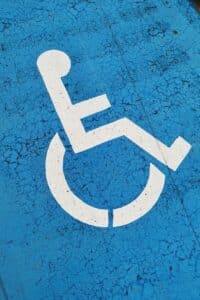By Mark Wilson / Prison Legal News
On August 16, 2013, the Seventh Circuit Court of Appeals held for the second time that a prisoner’s request to form an atheist study group must be given the same consideration as other religious study groups.
Wisconsin prisoner James J. Kaufman, an atheist, asked to form a study group dedicated to atheism. Prison officials denied his request as one seeking to establish a nonreligious activity group. He then filed suit in federal court.
In 2005, the Seventh Circuit held that prison officials had violated Kaufman’s First Amendment rights by refusing his request to create a religious study group dedicated to atheism while allowing other religious study groups. See: Kaufman v. McCaughtry, 419 F.3d 678 (7th Cir. 2005) (Kaufman I).
After Kaufman was transferred to the Stanley Correctional Institution, he “encountered nearly identical resistance to his efforts to create an atheist practice group.”
Prisoners requesting to participate in religious study “fill out a Religious Preference form that allows them to select one of the recognized umbrella groups, ‘no preference,’ or ‘other.’ If the inmate selects ‘other,’ he may write in a religion. If the religion he specifies does not fall within one of the seven umbrella groups, he is not permitted to attend a religious practice group, though he may practice on his own by visiting the religious library or meeting with the Chaplain individually.”




